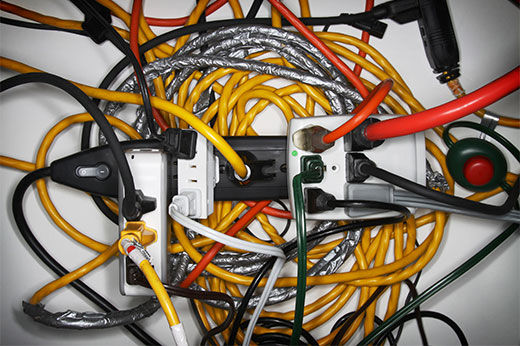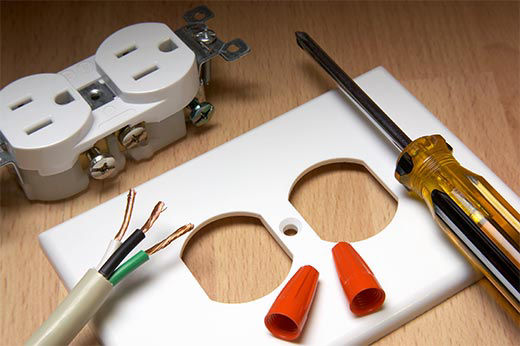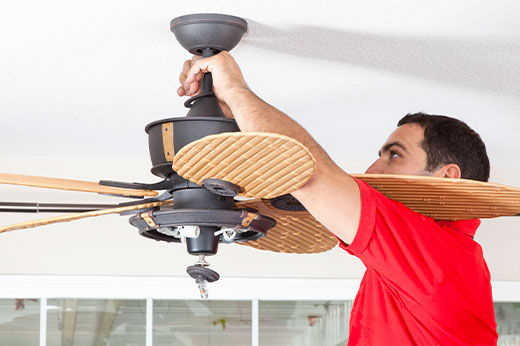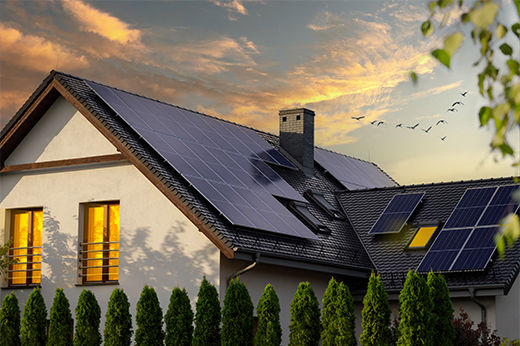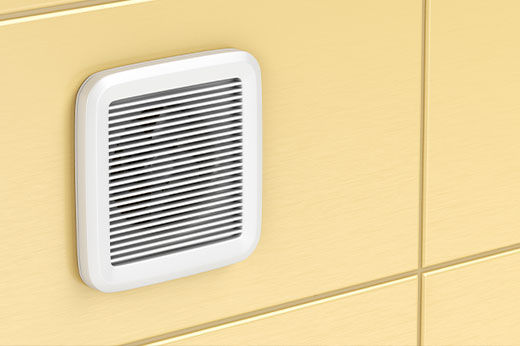How to Prepare for a Power Outage
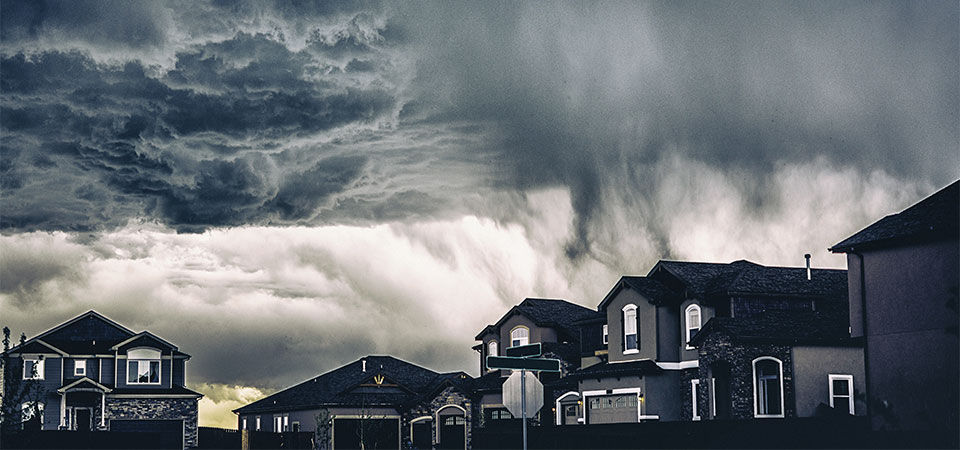
From someone swerving to avoid a squirrel to a huge oak crashing down in a storm, there are dozens of ways for the power to go out. Yet, once the lights are dark and the house is quiet, it’s a little too late for planning how to react. Over 30 million people any given year are affected by power outages, so sooner or later, it will happen to you. Taking the time now to gather a few supplies and prepare yourself for a power outage not only makes it easier to deal with a short loss of power, but it’s also essential for bigger emergencies like storms and wildfires. Find out how to stay comfortable, entertained, and even well-fed during a power outage of any length.
Plan for Charging and Communication
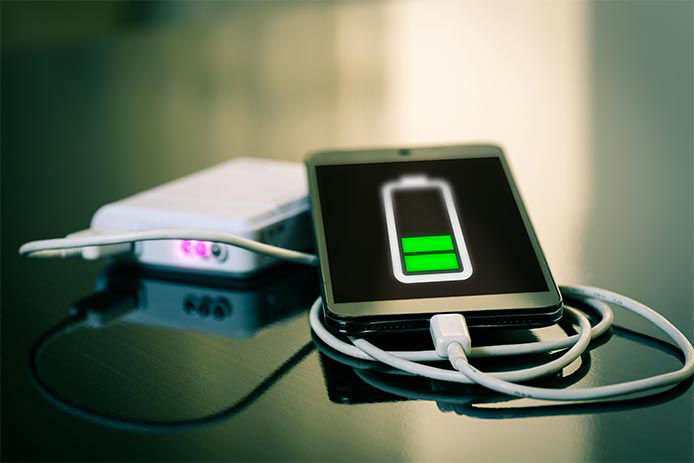
Now that almost all of the country is connected by wireless cell service, it’s possible to communicate with your power company, emergency services, and loved ones even if the power goes out. Of course, this is only true if your devices are charged and easy to recharge without a steady power supply. There are thousands of different power storage and backup options to choose from, so shop around for battery options for your most important communication devices. Good practices in keeping your phone charged will help for the first few hours of an outage, but your battery will eventually drain. Having a backup charging option on hand allows you to make contact again if the outage stretches on for longer periods.
Set Aside Appropriate Food, Drinks, and Snacks
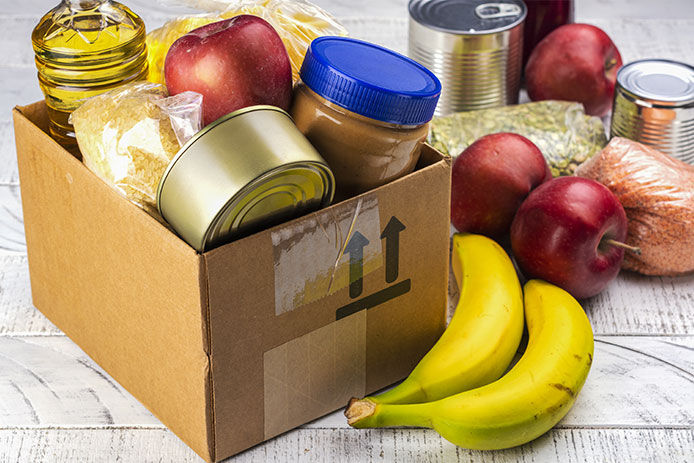
Even if the power’s only out for a few hours, you’ll get hungry and thirsty. Opening the fridge or trying to heat something with a camping stove can ruin your food supply at best or cause a fire at worst. Keep a few things in the cabinet or garage that are shelf-stable and easy to find with the power out. Bottled sports drinks, powdered drink mixes, bottled water, and fruit juices are all palatable at room temperature. Crackers, trail mixes, jerkies, and other emergency snacks keep your spirits up when it’s impossible to microwave or roast something. For longer outages, try ready meals that come with air-activated heaters or foods that don’t need heating. If you must, take leftovers from the refrigerator all at once for everyone to share to reduce the amount of food that could go bad without losing the cold air trapped inside.
Install a Backup Generator
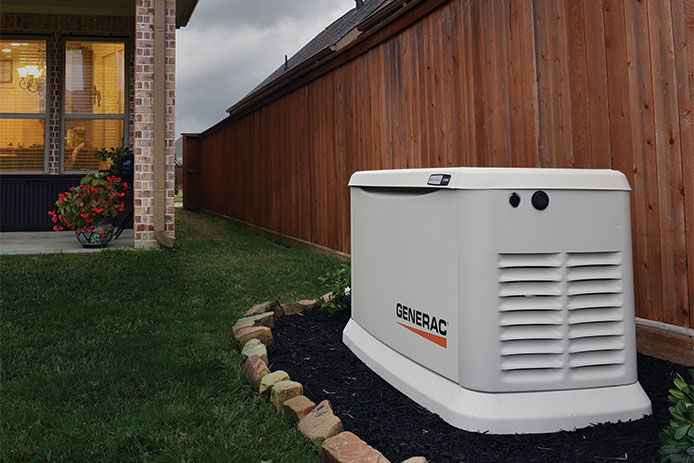
Backup generators are great for connecting you to communication services, turning your heating and cooling equipment back on, running a few lights, and making sure the refrigerator and freezer can cycle on and off. Don’t expect the system to let you resume your everyday activities unless you pay for a very large and expensive generator. Whole-house backup generators are the best option because they’re safe, they can turn on manually or automatically, and they’re reliable. Portable generators are slightly less expensive, but they’re a lot riskier due to their exhaust.
Separate Entertainment Supplies

Keeping board games and cards on hand may keep everyone happy for an hour or two, but most power outages stretch on for multiple hours. The temptation will naturally arise to use conserved battery power or charging units for entertainment rather than saving it for important communication. Plan around these urges by setting aside a separate set of battery packs or chargers for entertainment only. Once the power is used up for these purposes, make an agreement not to tap into other saved power sources just for watching videos or gaming. Running out of backup power could leave you unaware of the oncoming danger or unable to communicate with power company teams who need to come to your home to complete the repairs.
Avoid Combustion and Open Flame
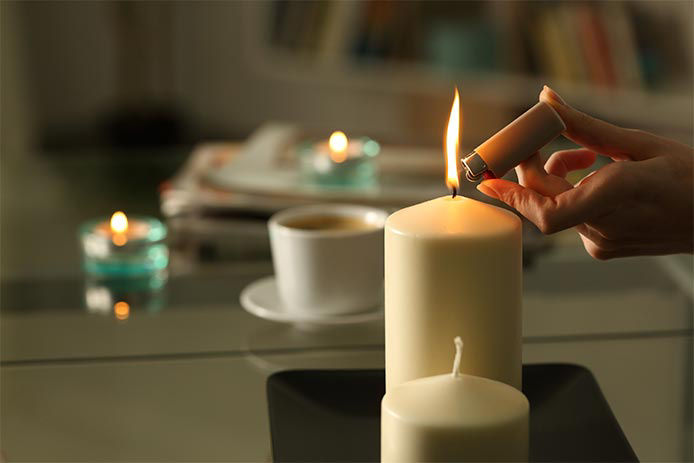
It’s a common thought to grab a candle when the power goes out, but you could end up losing your home to a fire this way. Stick with battery-operated flashlights, lanterns, and LED lamps instead. If you’re low on these kinds of light sources, try visiting your local Do it Best. You’ll find headlamps for doing important work with your hands, lamps that diffuse a lot of light to keep your eyes comfortable in the dark, and plenty of rechargeable batteries to keep them all powered.
Don’t Open the Fridge or Turn the Taps
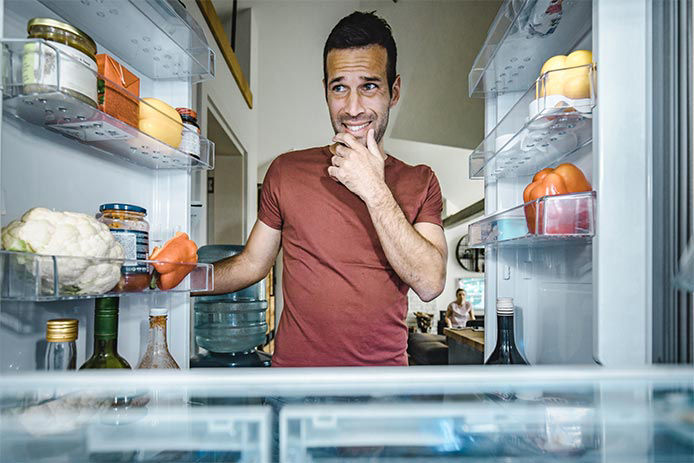
It’s tempting to graze the fridge in an attempt to reduce the amount of food you’ll lose if the power stays out too long. However, each time you open the door, you let cold air out and raise the temperature around the food. If you keep your fridge and freezer shut and it’s well insulated, food may stay good for hours. Food must rise above 40 degrees F in the refrigerator or defrost in the freezer to start spoiling, so keeping everything cold can help it last much longer. Your water supply is cut off during an outage as well. Water may trickle out at first, but it’ll soon stop. Save the small amount of water in the pipes in case of an emergency and rely on bottled water instead until the power is restored.
Disconnect Appliances
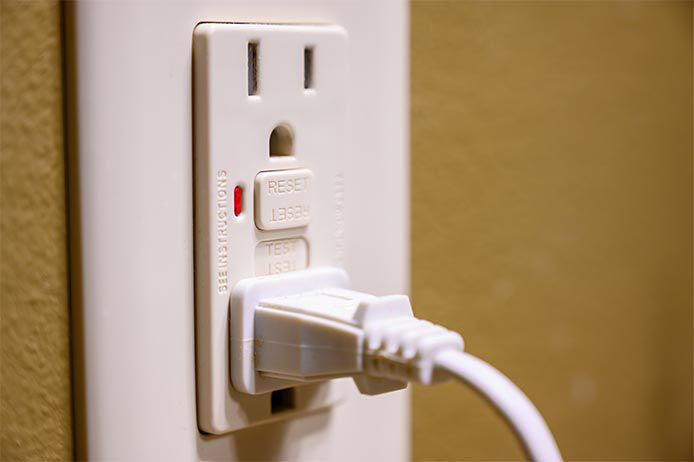
The power may surge when it’s first restored, damaging sensitive electronics like computers and smartphones. Even humble microwaves and refrigerators can be damaged in this way now that they contain much more sensitive circuits than in the past. Leave a light or two switched on so you’ll notice when the power comes back on. Disconnecting appliances is better than just switching them off since a surge can travel up any connected power cord — not just those in use.
Don’t let a power outage catch you unaware, especially in winter. Make sure you have safe backup heating sources if you live in an area where heavy snow could keep you from seeking another shelter. You’ll find everything you need to weather out a power outage, short or long, here at Do it Best.
